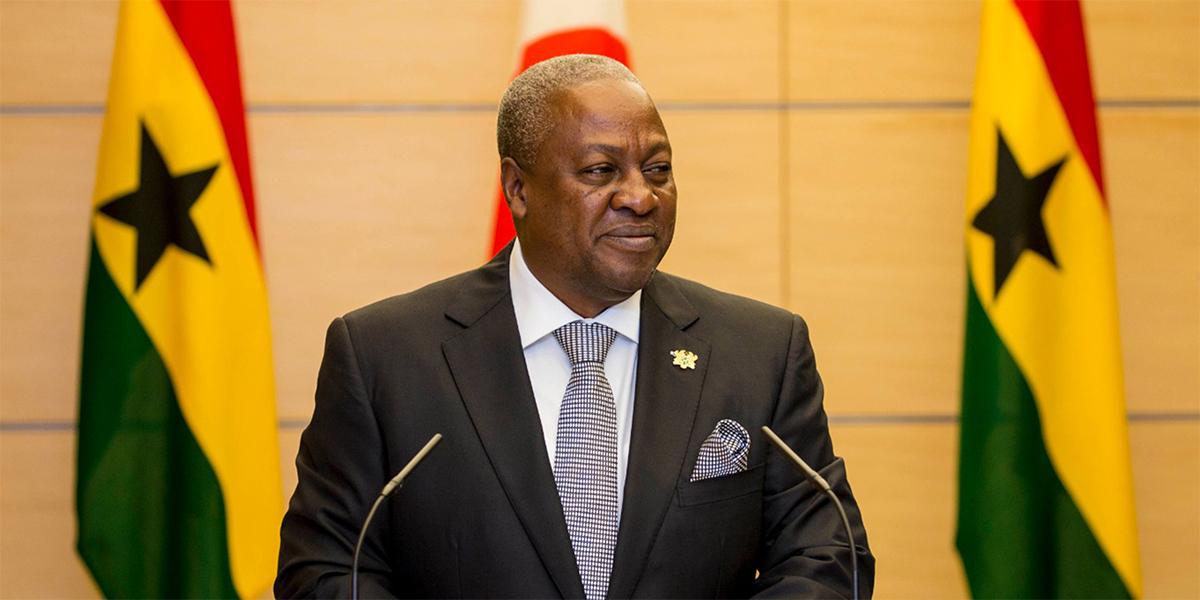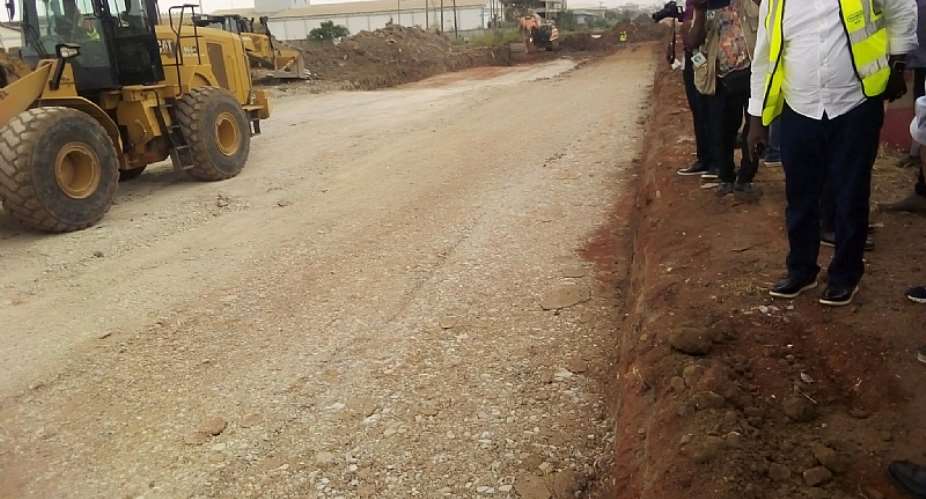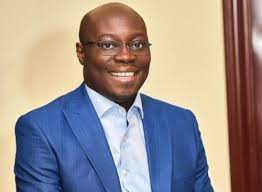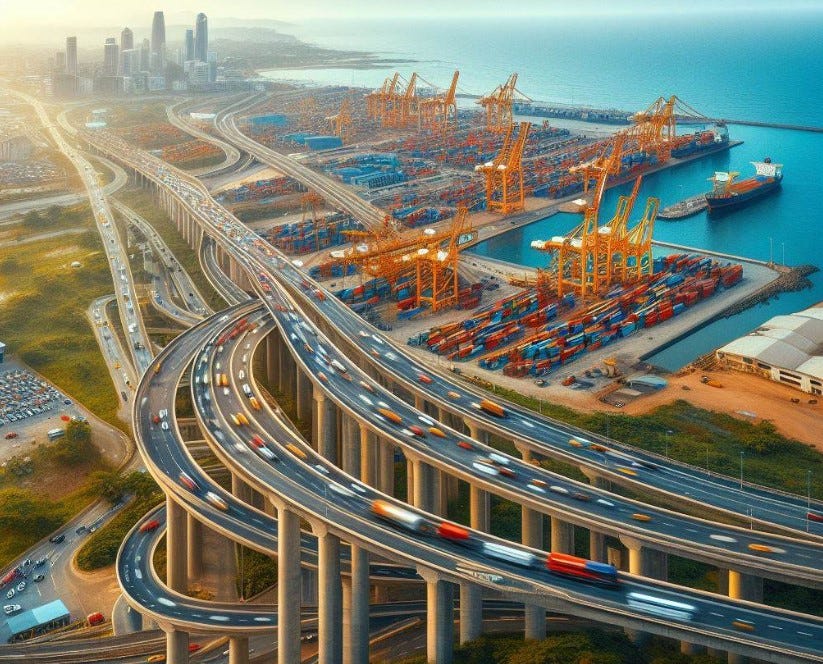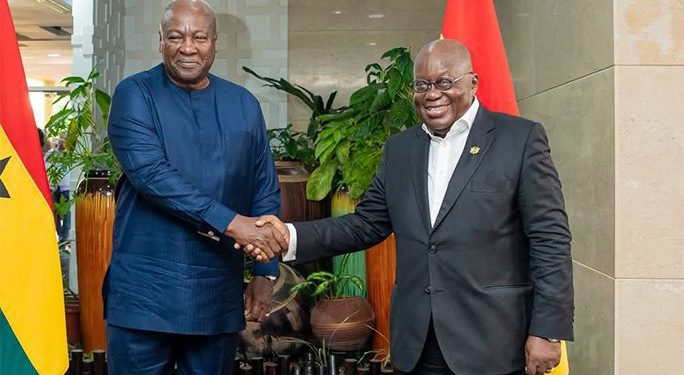Although Ghana has one of the highest electrification rates in Sub-Saharan Africa, it loses about 2 percent of its gross domestic product due to shortfalls in the power sector. In addition, the Electricity Company of Ghana’s inability to collect payment from all electricity consumers causes it to lose 25 percent of its potential revenue, equivalent to $418.2 million annually to power theft. Challenges with limited access to stable, affordable and reliable electricity have led to Ghana’s productivity being limited in the agricultural, industrial and manufacturing sectors of its economy. Recent data from the Ghana Statistical Service (GSS) shows that in the second quarter of 2024, the share of the services sector in GDP at base prices was 44.2 percent, the industrial sector (led by mining and quarrying) was 32.2 percent and the agricultural sector (the country’s largest employer) contributed 23.6 percent. Lack of access to affordable electricity has historically prevented Ghana’s agricultural sector from transitioning from small family farms to commercial enterprises, limited the industry from adding value to extractive oils and minerals, and tied the nation’s economy to imported manufactured goods.
A major reason the National Democratic Congress (NDC) lost the 2016 elections was its failure to address Ghana’s challenges in accessing stable, reliable, and affordable electricity, which deprived the country of between $320 million and $924 million in productivity revenue in 2014. As we welcome President-elect John Dramani Mahama to a second term, I am reminded of the suffering Ghanaians endured during the “dumsor” period. While the severity of power outages has decreased, the financial burdens on Ghanaians have worsened.
For over a decade, low-income Ghanaians’ monthly electricity bills have been higher than their monthly rent. When I moved to the United States for the specialization school last year, I was shocked when I discovered that my electric bill was four times less expensive than Ghana. Energy poverty in Ghana is not new, one of the first problems of power occurred in the early 1980s following the growth of the population, industrialization and drought that reduced the water supply of the Akosombo hydroelectric dam for two third parties of normal ability. The result of the 1982 crisis was an acceleration of 40% throughout the country, following which the Ghanaian situation deteriorated that it already dealt with the removal of over 1.2 million from its citizens from Nigeria.
The government in the end added the Kpong hydroelectric dam (148 MGW) in 1982 and the Bui hydroelectric dam (404 MGW) in 2013 to resolve electric challenges. A year later, “Dumsor” met us and Kongg was able to do very little to tame the size of his impact on the Ghanaians and the economy as a whole. Recently, President-elect John Dramani Mahama said that Ghana’s energy sector urgently needs an operation to address its $2.5 billion debt, “otherwise the whole thing can collapse,” meaning the economy. The problems in the energy sector are not new and the sector has had to be operated on for decades, but it is good that the incoming president is aware of the urgency of the problem and can hopefully find a lasting solution. The latest World Bank report on Ghana reveals that 29.5 percent of Ghanaians live in extreme poverty ($2.15 per day) and 54.7 percent live on less than $3.65 per day. The October 2024 Afrobarometer survey of the Ghanaian public revealed that unemployment was the number one problem citizens wanted their government to address. The solutions presented by the NDC in its 2024 Manifesto to address the country’s energy and economic challenges include restructuring the regulatory authorities, implementing the liquidity waterfall mechanism (designed to make the revenue collection process more transparent) and boosting the Light Up Ghana project (street lighting programme) to support the 24-hour economy. While these policies seem progressive and in the right direction, some of the statements by the President-elect on the sector and his attempt to link all the problems to the NPP government are worrisome. If there is one sector that should not be politicized, it is the energy sector. It cuts across all aspects of the economy; its success benefits all Ghanaians and deficits hurt us all. Below are my suggestions for changes the new government should make to put the energy sector on a more sustainable path.
Stop politicizing energy sector challenges
Every Ghanaian, regardless of political affiliation, needs electricity for their personal and professional development. As such, political parties should begin to approach energy policy as a continuous national policy that should at all times be apolitical. With this, the nation can negotiate better deals and apply long-term solutions to some of the challenges rather than the short-term results that bring with it long-term implications. A good example of this was the take-or-pay contracts under the NDC administration which temporarily solved our unreliable energy supply problems but left us with billions of dollars in debt. If successive governments are on the same page about the direction of the energy sector, it will help increase its energy’s investment in Manufacturing. Indirsta and agriculture sectors of the economy. Correct inefficiencies with the collection of ECG income instead of taxing consumers
Instead of the constant increase in the Purc of the rates for the Ghanaians who are legally connected to the network, the ECG should do more to have 99% of the legally connected Ghanaians to reduce the burden for those who pay the most for electricity than to rents. Secondly, there must be more educational and communicative material to let people know how it has the effect of their illegal connection on the sector and on the economy in general, as well as group pressure to allow people to do it well instead of the current standardization of the theft of electricity. An example of this can be seen in the way in which the ECG has managed the cash mechanism in cash within one year of implementation, the validation ratio for the cash mechanism in cash for the payment of January 2024 by Purc notes that “the ECG has not respected the guidelines of the new CWM as prescribed as prescribed by the President,” defeat the purpose of the system and extends the process of correction of challenges in the sector.
Ghana has traveled a lot from the generation of electricity only 20 percent of the population in 1990 to over 85% in 2020. The percentage of Zonne -Pv to the electricity mixture of Ghana is currently 1.9%, while Hydro 98.1% represents. The introduction of solar energy was slowly from 2.5 MW in 2014 to 29 MW in 2020 with a PV solar installation capacity at a national level of 59 MW and more than 85% in the areas with network connections . 90% of solar is online, 9% are outside the network and 1% mini-grove. Although these figures seem small, their effects are powerful; 89 municipalities have already benefited from more than 6000 solar systems with 793 kW for household electricity, lampposts, television and mobile phone.
There are several government initiatives that show their commitment to solar energy. The Gegap (Ghana Energy Development and Access Project) helped install solar systems at more than 8,500 houses. In 2013, the government distributed more than 80,000 solar lanterns and sold more than 50,000 at a subsidized 70% price to citizens in difficult fields within the framework of the solar lanterns program. The National Rooftop Solar Programme, launched in 2016 by the Energy Commission of Ghana, aimed to subsidize the distribution of 200,000 rooftop solar panels in Ghana, but received only 2,000 applications and installed 1,017 in 2017. The commitment of successive governments to help people in rural areas and those living below the poverty line to access lights and other small-scale interventions is commendable and should be replicated in urban areas as well. While other countries provide subsidies for their citizens to adopt greener alternatives, Ghana has no subsidies for solar energy and also levies hefty taxes on solar imports, making the initial cost for residents $3,700. Ghana’s annual sunshine range of 1800 to 3000 hours offers the potential for an abundance of solar energy and greater adoption, such that solar energy can be harnessed to provide 100 times more power for Ghana than the current estimated demand of 53000 MGh. The NDC administration should consider incentivizing Ghanaians in urban areas who already have the financial means to own a generator to invest in renewable alternatives such as solar. They can start in Accra and scale up to Kumasi and Takoradi. Some hospitals and hotels are already using solar energy as an alternative energy source during power outages.
Source: Citinewsroom

